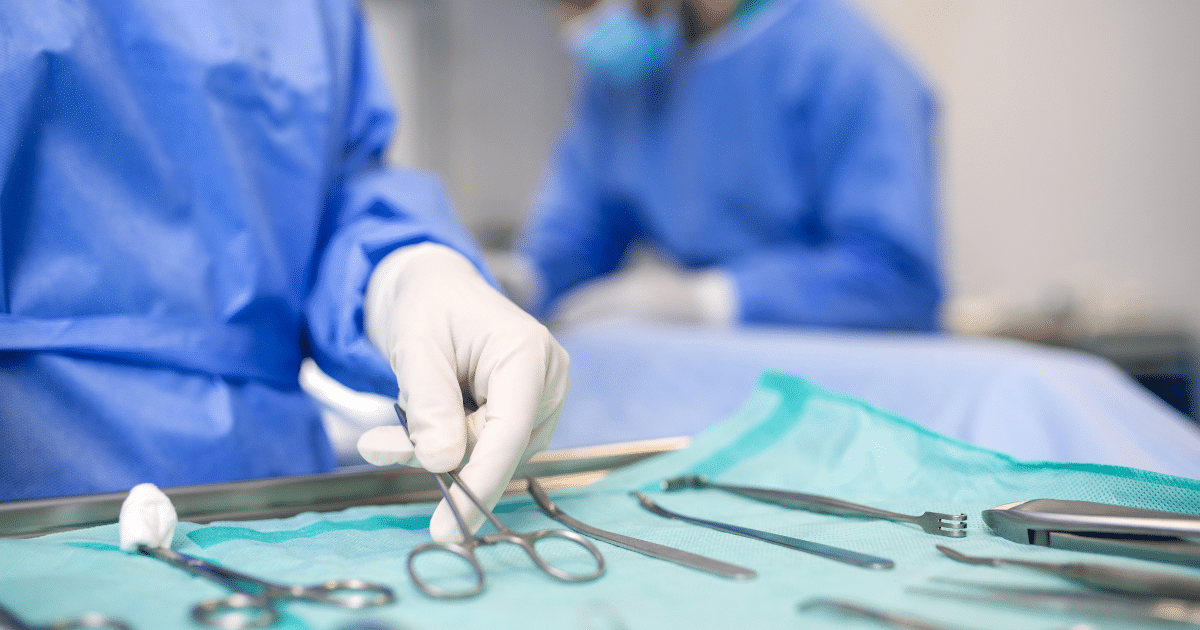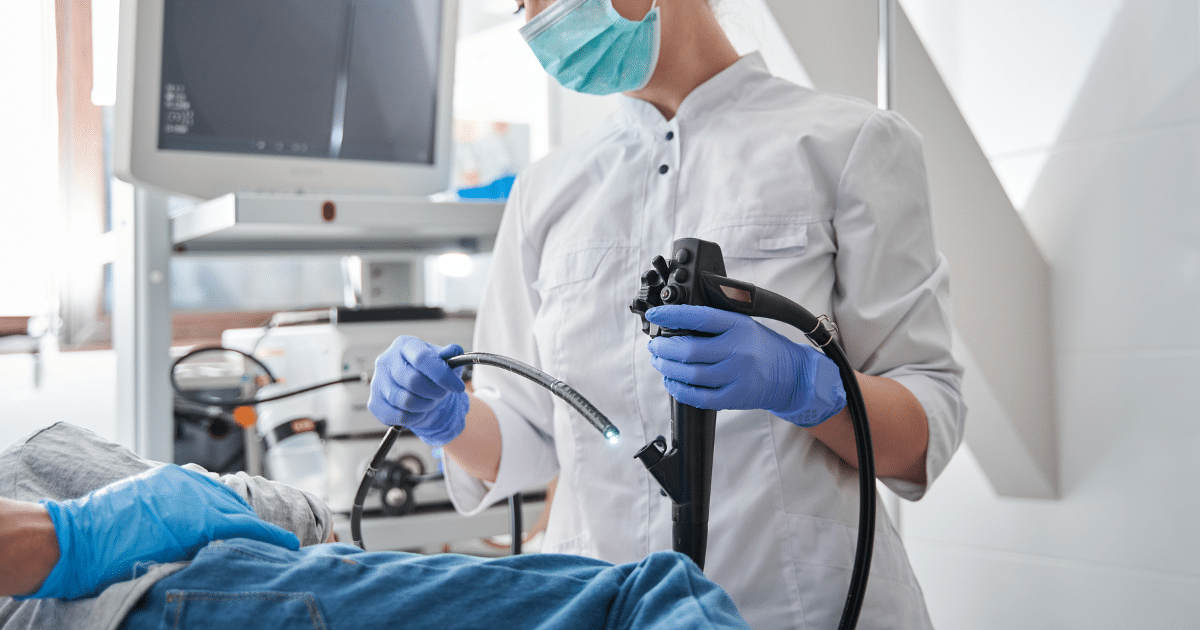If you’re a man who avoids or dreads going to the doctor, you’re not alone. In fact, a recent study found that men, in particular, may have a more negative attitude toward going to the doctor regularly than women do. The study revealed that nearly two-thirds of male respondents said that they avoid going to the doctor for as long as possible. In addition, 72% of male respondents said that they would rather do household chores than go to the doctor. Whether it is out of fear, inconvenience or perceived costs of visiting the doctor, the consequences of skipping out on recommended healthcare screenings and check-ups is dire.
The truth is, even when you feel “healthy”, you should still see your healthcare provider regularly. These visits can help you to be proactive in avoiding health-related issues and catch certain conditions early.
Health Screenings for Men Starting at Age 15-44
- Testicular Cancer Screening: Fortunately, most testicular cancer is caught at an early stage during a testicular self-exam at home. However, according to the American Cancer Society, most doctors agree that a man’s testicles should be examined for testicular cancer during a routine check-up or physical exam. Finding testicular cancer at an early stage, before it has time to spread, allows for more treatment options to be available. Most doctors recommend that men ages 15 to 55 should perform self-exams at home on a monthly basis.
- Blood Pressure: The risk of developing high blood pressure, or hypertension, is higher in men. The Centers for Disease Control and Prevention (CDC) states that of all U.S. adults who develop hypertension, 47% are men and 43% are women. If left untreated, high blood pressure can damage the heart and other organs and eventually lead to heart disease, heart stroke and kidney disease, which are all leading causes of death in the U.S. Beginning at age 20, it is recommended that men with normal blood pressure (120/80 or below) have theirs checked every two years.
- Prostate Cancer Screening: After skin cancer, prostate cancer is the most common cancer among men, with approximately 1 in 9 men being diagnosed in his lifetime. Prostate screening begins at age 44 until age 76 and may be done at an earlier age if risk factors, such as family history, lifestyle factors and dietary habits, are present. Certain prostate cancers are slow-growing while others can be more aggressive and require chemotherapy, hormone therapy and surgery. Of course, treatment cannot begin without detection, making it critical to not miss a screening.
Health Screenings for Men Starting at Age 45-65
- Blood Glucose Test: This test screens for diabetes and is typically administered every three years starting after the age of 45. However, testing may begin sooner if certain risk factors are present, such as being overweight, having blood pressure or high cholesterol. If you’re experiencing any signs and symptoms, including excessive thirst, frequent urination, sudden weight loss or a tingling sensation in the hands or feet, you should talk to your healthcare provider about getting tested for diabetes.
- Colonoscopy: Beginning at age 50, guidelines recommend that men with a low to
average risk of developing colorectal cancer undergo this screening. A colonoscopy procedure can detect precancerous growths called polyps that form in the colon and rectum. These polyps can then be safely removed. If you have a family history of colorectal cancer or inflammatory bowel disease, you may need to begin screening at an earlier age or have more frequent screenings.
- Lung Cancer Testing: The CDC recommends that men ages 55 to 80 who have a history of heavy smoking (more than a 30 pack-per year smoking history) and actively smoke or have quit in the last 15 years get tested for lung cancer. Even if there are no signs and symptoms, lung cancer testing is recommended if you meet this criterion. A low-dose CT scan is used to make detailed images of your lungs so it can be screened for any areas of concern.
Health Screenings for Men Starting at Age 65+
- Abdominal Aortic Aneurysm Screening: A one-time screening for this disease is recommended for men ages 65 to 75 who have a history of smoking. An abdominal aortic aneurysm is a swelling of the aorta (the main artery of the body that supplies oxygen to the cardiovascular system) and can become life-threatening if it bursts. Risk factors for developing an abdominal aortic aneurysm include high blood pressure, gender (male), smoking and obesity.
Not all screening tests are right for everyone. Your healthcare provider will use criteria such as your age, risk factors and signs and symptoms to determine which health screenings are right for you.
To find a board-certified PACT primary care physician in Connecticut, please use our searchable list here.
Looking For a Primary Care Doctor in Connecticut?
PACT Primary Care is Accepting New Patients!
Locations throughout Connecticut in Guilford, Hamden, Madison, Milford, New Haven, Orange, West Haven and Wallingford.
To schedule an appointment, request an appointment online here or call a local center near you.








